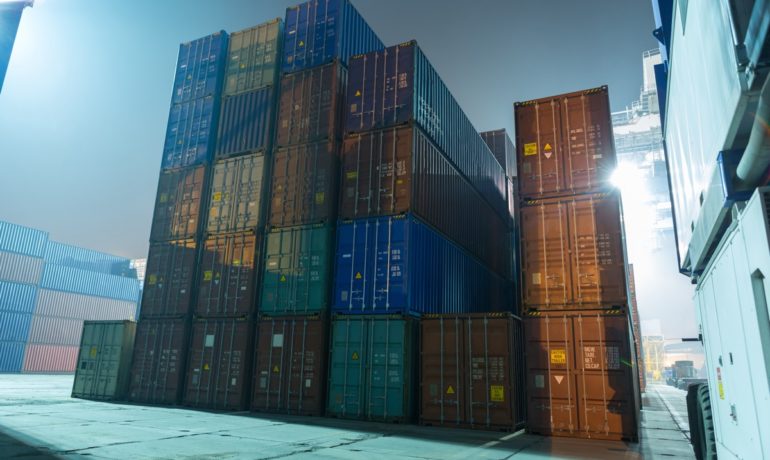Read Time: 4 min.
In today’s unpredictable world, shipping delays seem to be par for the course. And nowhere is this more prevalent than in LTL freight. So many different factors can cause freight delays, and LTL bears much of the brunt. By familiarizing yourself with some of the most common reasons for LTL freight delays, your supply chain will run much more smoothly.
Multiple Vehicles
The average LTL shipment rides on three trucks before it reaches its final destination. The more vehicles in the chain, the more complicated the transit, and the more potential for delays at each connection point. Once the shipment is picked up, it’s taken to a terminal, where it’s loaded onto another truck and transported to the next terminal, and so on. Once it reaches the final terminal, it gets loaded onto the delivery truck and sets off on its way to the end customer.
Estimated Transit Times
Online quotes for LTL freight generally only account for the long-haul portion of the journey. On top of that, you’ll need to add a day on either end for pickup and delivery. In other words, the transit time doesn’t accurately represent the end-to-end shipping process. If the item is shipped close to the end of the week, it might get hung up over the weekend as terminals are closed.
>>Why Freight Forwarders Are Essential in Logistics and The Supply Chain
For example, if you book your shipment on a Wednesday and receive a three-day transit time quote, it likely won’t arrive until the following Wednesday. It gets booked on Wednesday and is picked up on Thursday morning and transferred to the terminal. Friday is transit day one, but it does not move over the weekend. Monday and Tuesday are transit days two and three, by the end of which it will have arrived at the terminal. Wednesday morning, it will be picked up and delivered to the local destination.
How To Calculate The Freight Shipping Costs

Keep these two critical details in mind when you’re looking at your transit time quote:
- Add a day on either end for pickup and delivery.
- Only count business days as transit days.

Carriers Prioritize
Commercial Shippers
Shipments scheduled for pickup and delivery between residential locations don’t rank as high in priority as commercial shipments do. The intention is usually good, but if the carrier gets a last-minute booking from a commercial shipper, your consumer shipment might go to the end of the line. The financial stakes are much higher with commercial shippers, and carriers will always defer to their bread and butter. Unfair? Perhaps, but it’s the way of the world.
>>Freight Strategies to Reduce Costs and Streamline Management
Tips to Ensure Your Freight Gets Where It’s Going On Time
The best way to ensure a predictable shipping schedule is to book early and ship early. Waiting until the last minute to book your shipment might mean your freight takes a back seat. Of course, many other variables could impact transit times, but in most cases, you can make yourself aware before you make any promises. For example, if you send a shipment to the east coast in mid-winter, snowstorms and bad weather could be a concern. It might be sunny and warm where you are, but keeping your eye on current events helps you avoid the unexpected.
Working with an experienced 3PL like DTS World Cargo ensures you of LTL freight transit times you can trust. Request a quote today; we’d love to show you how we can help.




